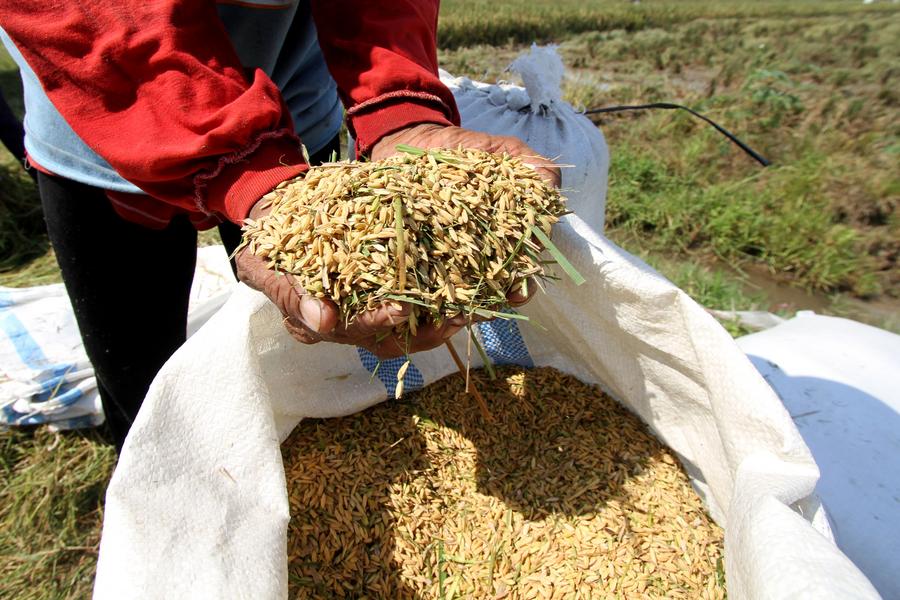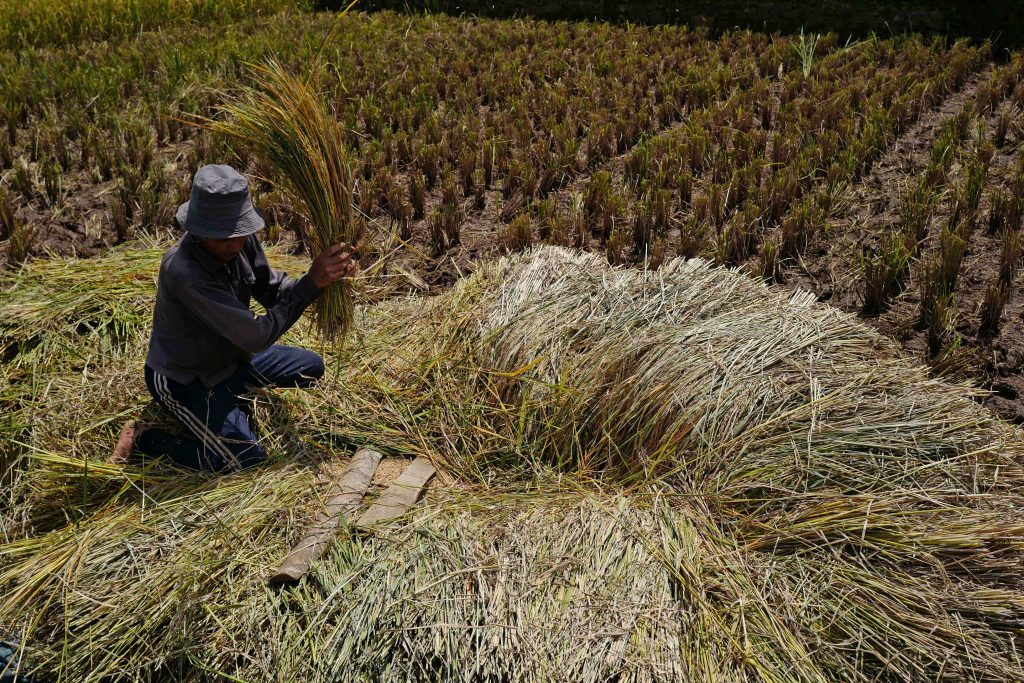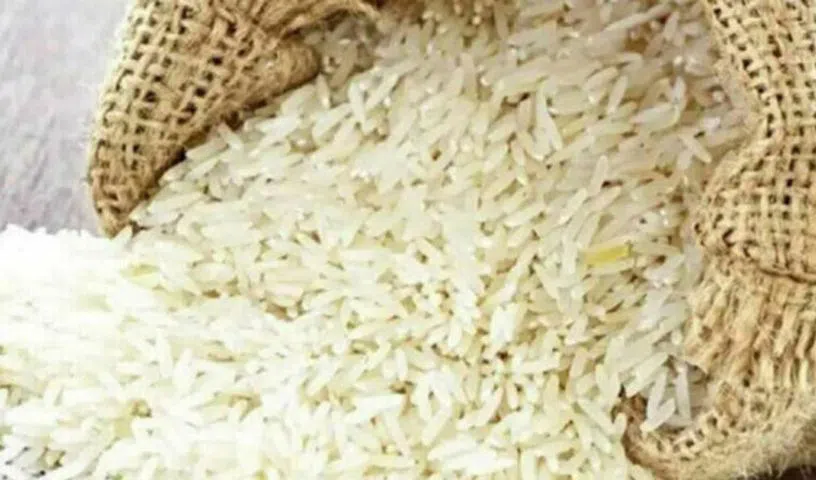Tags
Government decides to cut export floor price for basmati rice
The government, which imposed a floor price of $1200 a tonne for overseas shipments in August to cool domestic prices, has approved a decision to reduce it to $950 a tonne in a meeting on Monday

India is a leading exporter of the premium aromatic grain, shipping over 4 million tonne a year. (AFP file photo)
The Union government has decided to cut the minimum export price (MEP) it had set for basmati rice, a person aware of the development said, following complaints by traders that overseas shipments had become unviable.
The government, which imposed a floor price of $1200 a tonne for overseas shipments in August to cool domestic prices, has approved a decision to reduce it to $950 a tonne in a meeting late on Monday evening, the person cited above said. The decision, however, has yet to be notified.
The government had extended the export curbs on basmati on October 14 until further notice, triggering protests by farmers and exporters, who said the high floor price had made Indian consignments uncompetitive.
India was losing global markets to Pakistan, which also grows the premium rice variety, they said. A top exporters’ body had called for a halt in overseas shipments.
Food minister Piyush Goyal, who held consultation with traders, had assured industry representatives that the government would review the MEP.
Food secretary Sanjeev Chopra on October 19 said the government was actively reviewing the MEP. The government will take a decision at an “appropriate time” and until then the “current arrangement will continue”, he had said.
India is a leading exporter of the premium aromatic grain, shipping over 4 million tonne a year, especially to Middle-eastern countries.
Saudi Arabia, the United Arab Emirates, Iraq, Iran and the United States are some of the largest importers of India basmati.
MEP is a price threshold below which exporters can’t sell to global buyers. It is imposed to limits exports. India, the world’s biggest rice exporter, has banned overseas sales of white non-basmati rice and wheat to put a lid on local prices.
Based on representations from rice-exporting associations that a high minimum export price, technically called freight-on-board value, was adversely impacting trade, an interministerial committee monitoring prices was tasked with reviewing the floor price.
The country shipped basmati rice worth over $4.79 billion in 2022-2023, mostly to the Middle-east and the US. In the April-August period, India had exported nearly 2 million tonne of basmati rice worth ₹2.2 billion, a 12% jump in value terms. Shipments slowed down considerably after the MEP was set in August, traders said.
Early this month, a top industry body asked its members to halt procurement of the rice in protest. “Members are advised to exercise extreme caution in the procurement and inventory holding of paddy as these are expected to significantly impact business viability and potential of basmati export at remuneration realization,” the All-India Rice Exporters Association had said in an advisory.
Justifying the curbs on basmati rice, the government had said in August that the new regulation was imposed after “credible information” that non-basmati rice was being shipped out using export codes and provisions that applied to basmati.
The government has focused on bolstering domestic food stocks due to concerns of food output after a deficient monsoon. Cereal inflation has been in the double digits for over 12 months now, rising nearly 11% in September, according to official data.
https://www.hindustantimes.com/india-news/government-decides-to-cut-export-floor-price-for-basmati-rice-101698140684398.htmlPublished Date: October 24, 2023







